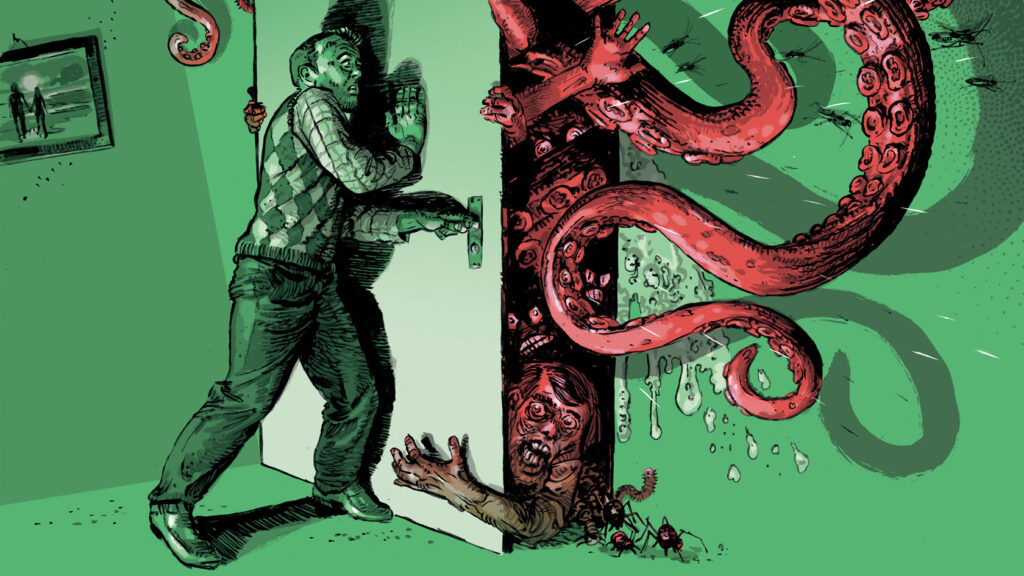When wars break out in places such as Gaza or Ukraine, hate comments have a field day. They poison the debate on the internet and are a threat to democracy. Political scientist Karsten Donnay is looking into how to also establish social norms online.

In his article, Andres Eberhard writes about the problem of hate comments on the internet and their impact on society. According to Karsten Donnay, assistant professor at the Department of Political Science at the University of Zurich, hate comments can also pose a serious threat to democracy, especially in times of conflict or political events. Deletion alone is seen as ineffective, as users can simply move their content to other platforms. Instead, the importance of targeted counter-speech is emphasized to make authors think and establish social norms online. Donnay points out that hate speech is often written by trolls and that counter-speech only has a limited effect. It is recommended that regulations should also be introduced and platforms created that promote a civilized culture of discussion. Finally, the role of AI in detecting and combating hate speech is discussed, pointing out that the development of the internet needs to be actively managed in order to control its impact.
Stop Hate Speech – Using algorithms to combat hate online
In our podcast Schampar digital, we talk to Karsten Donnay about hate and insults on the internet, strategies for fighting back and the Stop Hate Speech project. (Podcast in German)
Counterspeech
How to respond to hate messages
An alternative to deleting hate messages on social media is targeted counterspeech. In recent years, as part of the Stop Hate Speech project, researchers at UZH and ETH have been looking into what words help make hate speakers change their behavior. Their finding is that messages that show empathy for the group affected by hate are the most effective. As a result, hate speakers are less likely to spread derogatory messages or even delete them. You can counter hate speech with sentences like the following sentences:
• Talking about the person or group concerned is unnecessarily painful for them.
• How would you feel if people talked about you like that?
• Ever thought about what it means to have to leave your entire home behind because you have to flee?
• How would you feel if you were reduced to your appearance?
What doesn’t work against hate speech, on the other hand, are humorous reactions, for example memes or warnings like “Hey! You know your friends and family are going to read this too, right?”
Activists often use responses that refer to facts (“Only 0.8% of the Swiss population are asylum seekers”), that emphasize positivity (“Love is stronger than hate”), that call out hate speech (“Hate is not an opinion”), that warn of offline consequences (“Prohibited by criminal law”), or that moralize or expose contradictions. However, whether these strategies work hasn’t yet been sufficiently researched.